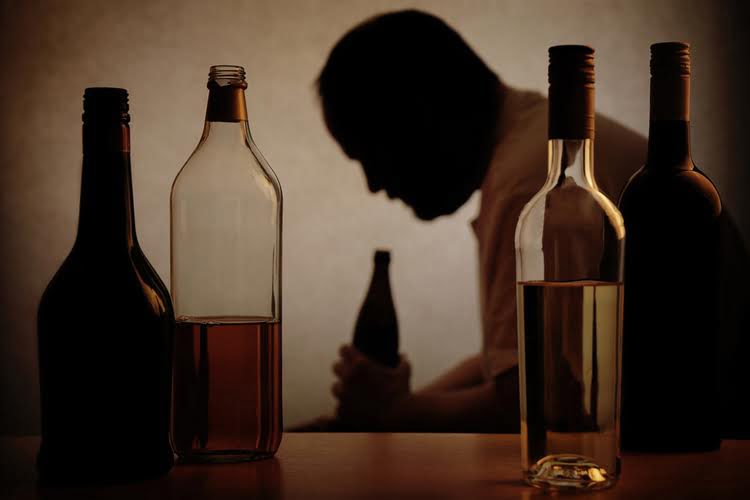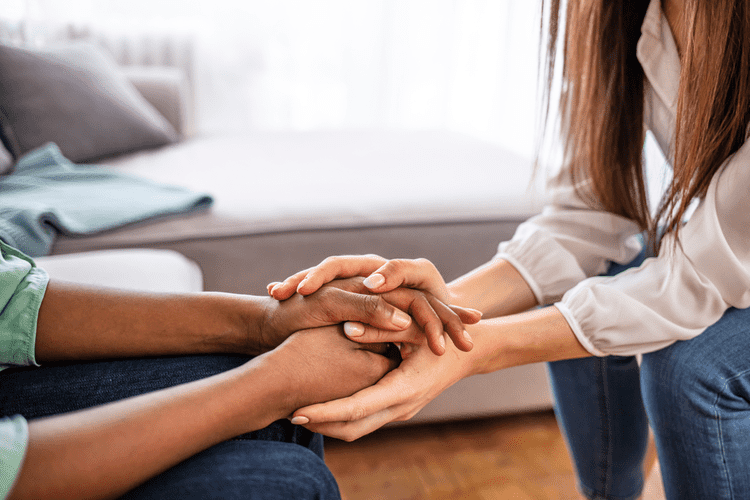By the time you leave rehab, you’ll have plenty of practice responding to triggers. And over time, as you continue to stay sober, you’ll develop more confidence in your ability to manage cravings. https://www.blogrojak.com/alcohol-use-disorder-and-dementia-a-review/ While your urges may not disappear, you’ll get better at living with them. When you stop drinking and go into acute alcohol withdrawal, your cravings will be at their most intense.4 Medical detox programs can help you manage these symptoms. In this phase of recovery, your body needs to readjust to functioning without alcohol. Alcohol addiction changes your brain,1 most noticeably in the reward center.
- If you just want a drink it’s easy to make the conscious decision to do something else.
- Making healthy lifestyle choices can significantly impact your ability to curb alcohol cravings.
- It can also make it more difficult for them to stop using alcohol.
- A supervised detox from alcohol ensures safety and comfort while managing withdrawal symptoms.
- This might include family, friends, support group members, or a sponsor.
Health Products
There are a number of reasons why this might be occurring. Perhaps you have confidence issues and when you have drink those tend to fade away so you are less conscious of your body and thoughts. Alternatively, perhaps your partner no longer attracts you and this is a way of not having to think about what helps curb alcohol cravings it. Or even that you think alcohol is the only way to get aroused. To get started, consider discussing your cravings and related symptoms with your family doctor.

Addiction Counselling
- If cravings feel out of control or you’ve relapsed, it’s time to reach out.
- You will be happier by eating healthier alternatives and focusing on other things instead of your alcohol craving.
- However, intense cravings for alcohol are a different matter entirely.
- Work on one coping strategy at a time as you quit alcohol or reduce your intake.
However, cravings may persist beyond the detox phase and throughout early recovery. Some people experience post-acute withdrawal syndrome (PAWS), where cravings can last for several months or longer. Everyone’s timeline is unique, and cravings usually lessen over time. As you continue to heal, these new habits can become part of your daily practice. Your treatment might include medications to help you stop craving alcohol.12 Prescriptions like acamprosate, disulfiram, and naltrexone can decrease the urge to drink.
How Online Pharmacies Are Creating Drug Addicts

This will Halfway house help you disrupt the trigger, and begin establishing new patterns. Cravings are among the most persistent challenges people face in recovery. In the moment, it’s normal to feel overwhelmed and unsure about how to handle them. This is why it’s so important to have a plan ready in advance for dealing with cravings—the same way you’d practice a fire drill to be prepared for a real fire. After the initial high of the first few days off the booze, when the first flush of motivation starts to wear thin, you might start to feel cravings for a drink.
- So when you quit, you might still crave that sense of reward.
- Through all the internal negotiation and exhausting mental battles, it’s easy to forget how incredible it feels to go through all of that and STILL stay sober.
- To put it simply, alcohol cravings are a powerful and often overwhelming urge to consume alcohol.
